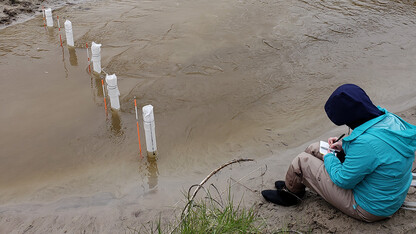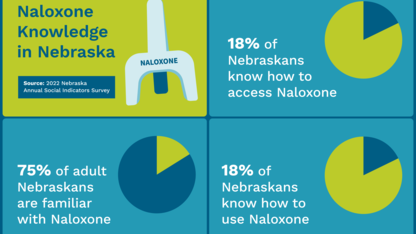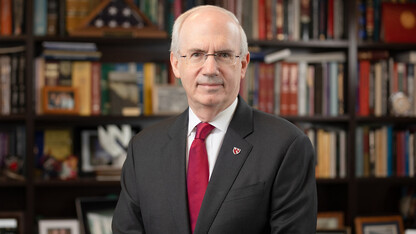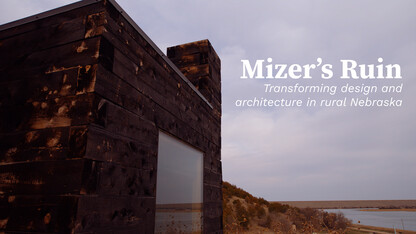· 2 min read
Chesnutt Archive adding author’s correspondence
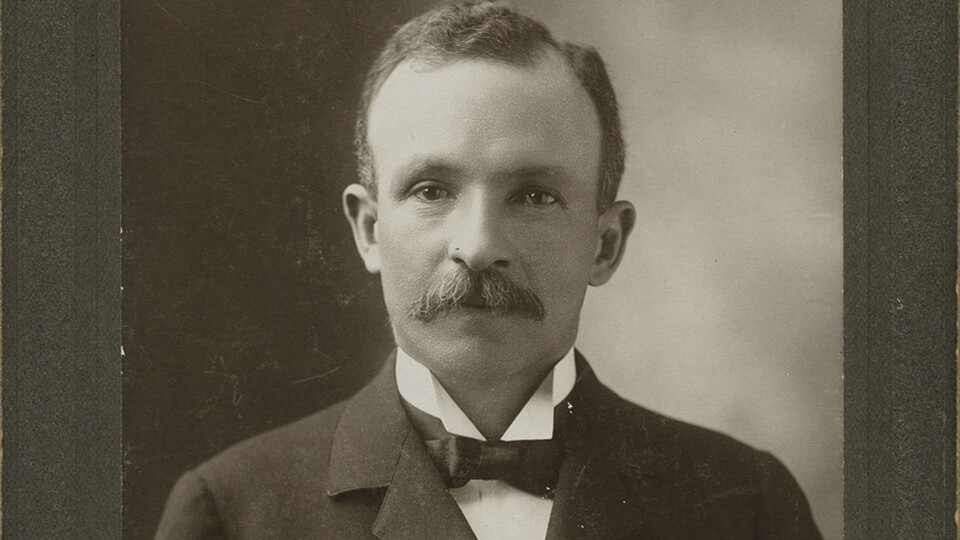
The Charles W. Chesnutt Archive at the University of Nebraska–Lincoln's Center for Digital Research in the Humanities is now adding correspondence through a grant from the National Historical Publications and Records Commission.
About 170 letters between Chesnutt and important historical figures such as Booker T. Washington, W.E.B. Du Bois and others have been added thus far. The goal of the project is to archive close to 2,000 pieces of correspondence during the next four years.
“Currently, we have no comprehensive letter collections of African Americans who came of age as Reconstruction flowered and failed, and the violence of Jim Crow took hold. Chesnutt's correspondence changes that,” Kenneth Price, co-editor and grant principal investigator, said of the project.
The funding of more than $150,000 was received in May 2021 to add correspondence as well as images of the original correspondence, when possible, to the Charles W. Chesnutt Archive.
Chesnutt (1858–1932) was an African American writer, lawyer and voting rights activist. His writing addressed the issues facing African American communities during the time of Reconstruction, such as identity, class and violence. Chesnutt worked to shine a light on white supremacy as it was taking new forms. During his lifetime, he strived to progress African American successes and uplift them through his work in several organizations like the National Association for the Advancement of Colored People.
Price, along with Stephanie Browner and Matt Cohen, both co-editors of the project, hope to continue to bring attention to Chesnutt and people like Chesnutt.
“This project will bring a deeper knowledge of the history of racial violence,” Cohen said.
The Chesnutt Archive will continue to expand over the next few years and bring resources to researchers and students who want to learn more about this period of history in the United States.
![In one of the letters uploaded to the Chesnutt Archive, Chesnutt is writing to Booker T. Washington about President [Theodore] Roosevelt.](https://news.unl.edu/sites/default/files/styles/meta/public/Chesnutt_to_Washington.jpg?itok=Sv5XfjOW)
